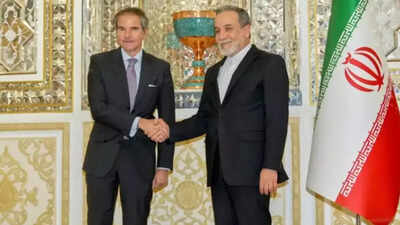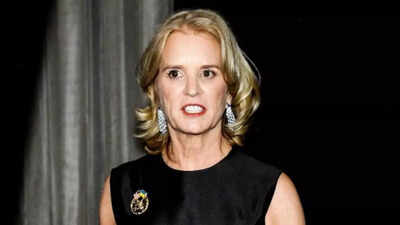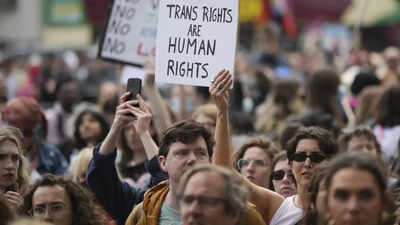Renewed Diplomatic Efforts: US and Iran Resume Nuclear Weapons Talks

In a significant development that could shape global nuclear diplomacy, the United States and Iran are gearing up for a second round of nuclear negotiations scheduled to take place in Oman on April 26. This follows what officials described as very good progress during recent discussions held in Rome. These talks mark an important moment in US-Iran relations, which have been strained for years due to longstanding disagreements over Iran's nuclear ambitions.
The recent round of talks featured a rare face-to-face meeting between the US President Donald Trumps special envoy, Steve Witkoff, and Irans Deputy Foreign Minister, Abbas Araghchi. Such direct interactions between the two nations are uncommon, highlighting the delicate nature of their diplomatic ties. Following the Rome discussions, Araghchi expressed optimism about the outcome, describing the talks as constructive and indicating that they had reached a better understanding of the principles and objectives that both parties could strive for.
Araghchi's comments, made during an interview with Iranian state television, underscored the intent of both nations to resolve outstanding issues ahead of the Oman meeting. He noted that technical-level discussions would take place in the coming days to finalize the details of the agreements being considered. While the US has acknowledged the occurrence of both direct and indirect exchanges, Iranian officials have maintained that the majority of discussions have been conducted through third-party mediators.
In this context, Oman has emerged as a crucial intermediary, with its Foreign Minister, Badr al-Busaidi, playing a key role in facilitating communication. Al-Busaidi remarked on the growing momentum of the talks, suggesting that even the most unlikely outcomes had started to seem possible as dialogue continues. This positive tone reflects a shift in dynamics that many observers hope could lead to a breakthrough in an otherwise protracted negotiation process.
During this intricate diplomatic maneuvering, President Trump reiterated his administration's commitment to preventing Iran from acquiring nuclear weapons. His statement underscores the US's firm stance in these negotiations, portraying a clear message to Tehran regarding the consequences of further nuclear development.
Prior to the Rome talks, Witkoff also met with Rafael Grossi, the Director General of the International Atomic Energy Agency (IAEA), which may play a pivotal role in monitoring any potential agreements reached. Grossis involvement is particularly significant given the IAEA's expertise in nuclear oversight, which could provide crucial assurances regarding Irans nuclear program.
Nevertheless, Iran continues to assert its rights concerning nuclear development. Senior Iranian adviser Ali Shamkhani took to social media to declare that the country is aiming for a balanced agreement rather than one that resembles a capitulation. His comments come in response to mixed signals from Witkoff regarding the possibility of Iran maintaining its low-level enrichment activities, illustrating the complexities and sensitivities involved in these negotiations.


























